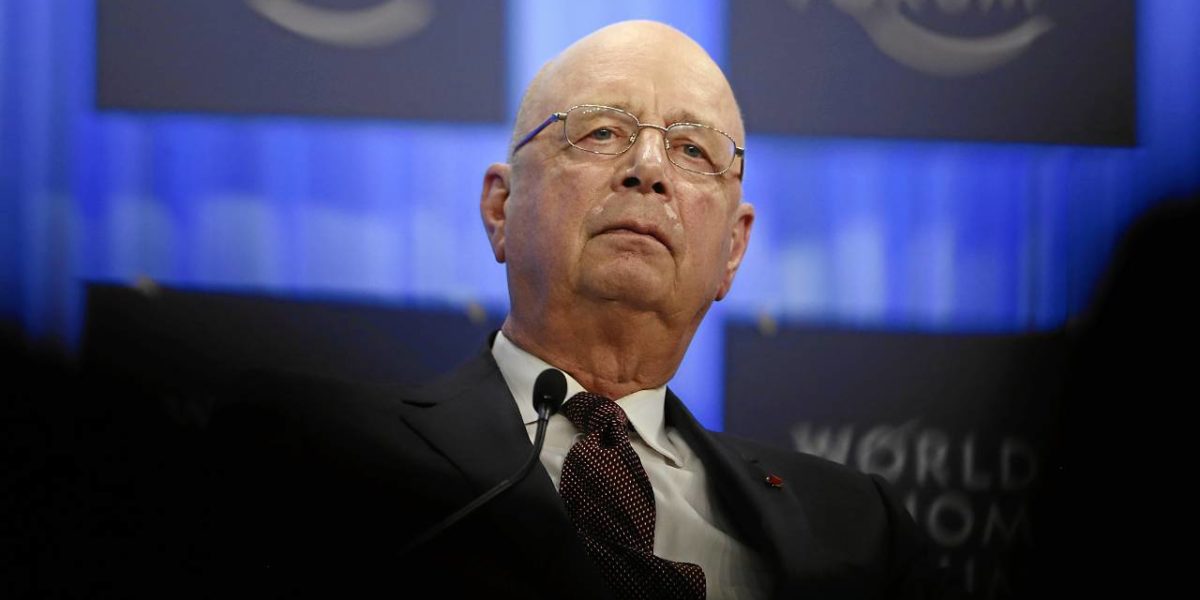On January 18 the House Standing Committee on Government Operations and Estimates began its study of over $100 million dollars of federal contracts given to U.S.-based multinational consulting company McKinsey. Former McKinsey global managing director Dominic Barton, a Canadian, will be one of the House committee witnesses.
As Bruce Campbell explains in a May 2021 rabble.ca article, the Trudeau government “effectively outsourced economic planning” to McKinsey, putting it “in a privileged position to shape government policy.”
Campbell calls this the “elite government-corporate power cabal.”
As John Geddes notes in a 2016 article in Maclean’s, McKinsey initially provided its services for free to the Trudeau government. Dominic Barton led former finance minister Bill Morneau’s advisory council on economic growth. Barton urged Morneau to invest $40 billion in a new national infrastructure bank and to focus on big projects like transportation systems, electricity grids and pipelines.
Morneau dutifully complied.
Morneau engineered the purchase of the Trans Mountain Pipeline and vigorously defended its expansion. Far from being a prudent public investment, the pipeline has become a “dead turkey”, funnelling billions of taxpayer dollars to Big Oil.
Morneau created the $35 billion Canada Infrastructure Bank (CIB) in 2016. He then struggled to explain its purpose. A Canadian Union of Public Empoyees (CUPE) report says “Numerous experts, the Parliamentary Budget Officer, and a Parliamentary committee have all concluded the CIB has failed to deliver,” and that “its focus on privatization has failed to meet community needs or tackle the climate crisis.” It recommends that CIB “focus on lending directly to municipalities and Indigenous communities.”
One of the CIB’s latest ventures – its largest-ever “clean energy” investment – is $970 million for Ontario Power Generation to build a new nuclear reactor at its Darlington site, designed by U.S.-based multinational GE-Hitachi.
Independent experts characterize this as “irresponsible”, given that new nuclear reactors cannot be built in time to address the urgent climate crisis, and their environmental risks and costs to taxpayers are far too high.
But the federal government is just doing McKinsey’s bidding. McKinsey has long supported nuclear power. A Radio Canada article says McKinsey received a $540,000 contract in late 2022 from Canada’s nuclear crown corporation, Atomic Energy of Canada Limited, to provide advice on how CANDU (Canada Deuterium Uranium) reactor technology can reduce greenhouse gas emissions.
McKinsey trumpets its status as “strategic partner” of the World Economic Forum, which regularly churns out puff pieces with titles such as “Nuclear energy can be the turning point in the race to de-carbonize” and “Why atoms matter”.
Canadian politicians of all stripes have attended past World Economic Forum meetings, including roughly half of Trudeau’s cabinet. Finance minister Chrystia Freeland (author of Plutocrats: The Rise of the New Global Super Rich and the Fall of Everyone Else) recently returned from Davos 2023.
The World Economic Forum became a favorite target of conspiracy theorists when it released its “Great Reset” initiative in 2020. Conservative leader Pierre Poilievre says that if he becomes prime minister his Cabinet members would be banned from attending future meetings.
Mainstream media outlets are less critical. A National Post column concludes that the World Economic Forum does not really secretly control the Canadian government – it’s just “a group of absurdly rich people pretending they’re saving the world.” A Globe and Mail column suggests that the main problem with the Forum is that it’s time for founder Klaus Schwab, now 84-years-old, to retire.
The House of Commons should examine seriously if we need the World Economic Forum and McKinsey to do our thinking for us. Are public-private partnerships, outsourcing to multinational corporations, and massive infrastructure projects really the best way forward?
Canada is a highly diverse country with differing regional environmental, social, and economic priorities. Relying on globalized economic nostrums is fraught with peril.
Indigenous people thrived for millennia on this continent by tailoring their practices to local realities. Awareness is growing, albeit much too slowly, that Indigenous ways of knowledge – based on respect for inherited wisdom and deep connections to nature – may be the only way to reverse the violence, polarization, and economic and social dysfunction of the modern world.
Unfortunately, it’s unlikely that these ideas will be discussed by the House of Commons Government Operations Committee when it looks at the McKinsey contracts. Going forward, our survival depends upon finding leaders who can think independently, act locally, and draw upon Indigenous wisdom.




